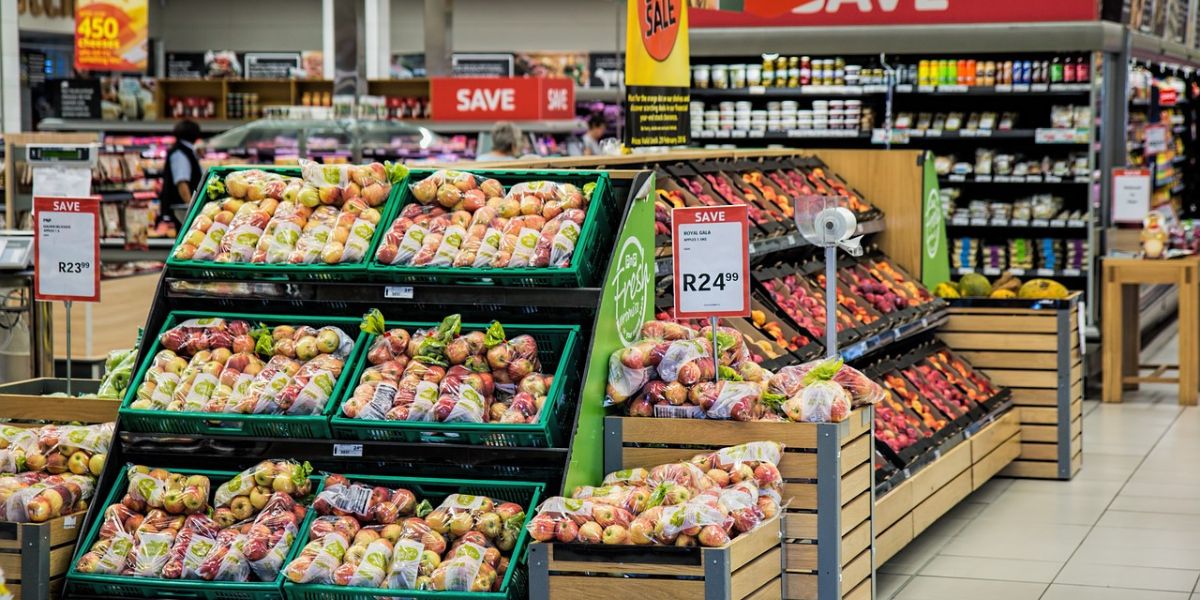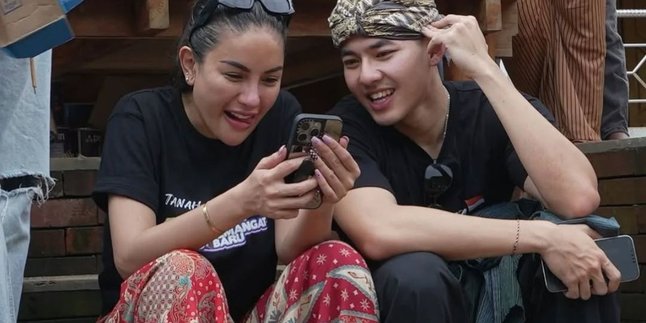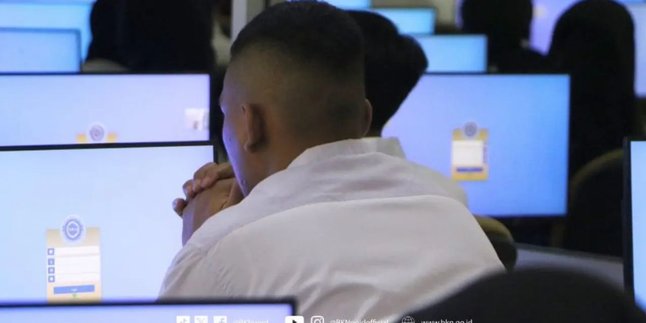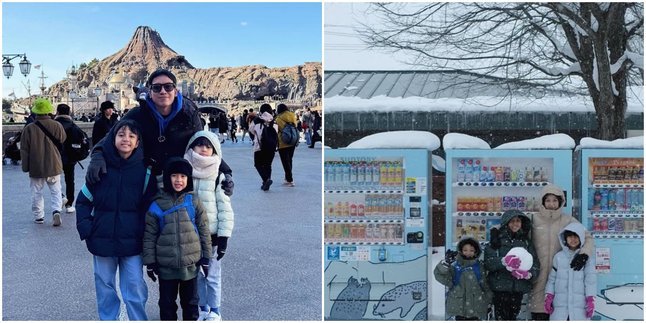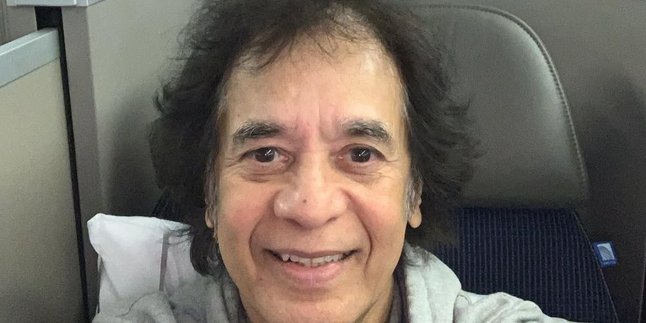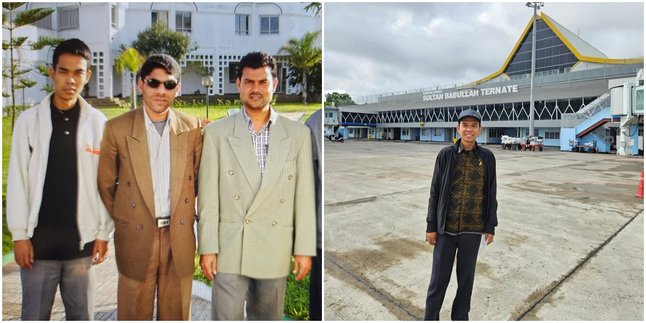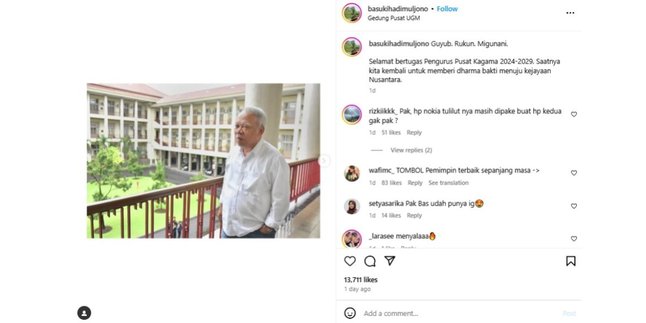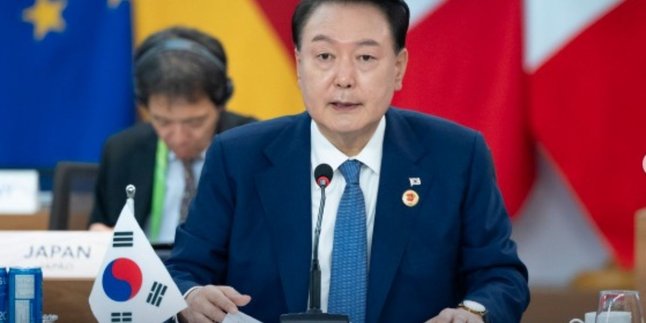Kapanlagi.com - The Indonesian government is preparing to implement an increase in the Value Added Tax (VAT) rate to 12% starting January 2025. However, don't worry! Amidst this change, the government remains focused on providing special exemptions for goods and services that are essential for the community.
The aim of this policy is to maintain the purchasing power of the public to remain stable and ensure accessibility in vital sectors. Basic necessities, education, health, public transportation, as well as social and financial services will remain exempt from VAT. This includes basic needs such as electricity, drinking water, and simple houses that are crucial for the well-being of us all.
However, for goods considered luxury and more commonly consumed by those with higher purchasing power, the VAT rate of 12% will still apply. This policy is expected to create a balance between increasing state revenue and protecting the community.
For more information regarding the list of goods and services exempt from VAT and the reasons behind this policy, check out the complete summary on Kapanlagi.com, Monday (16/12).
1. Essential Goods Exempt from VAT: Ensuring Community Access to Basic Needs
The government has firmly launched a policy to eliminate VAT for various essential goods that are the backbone of daily needs for the community, such as rice, meat, fish, eggs, vegetables, fresh milk, and consumption sugar.
This step is taken to ensure that food prices remain affordable, especially for those with low incomes, while also maintaining price stability in the market.
Amid the economic challenges, maintaining the purchasing power of the community has become a top priority. By eliminating VAT on essential goods, the government is committed to easing the tax burden on basic needs.
Finance Minister Sri Mulyani emphasized, "The implementation of the law must continue to uphold the principle of justice. Although it is not perfect, we are continuously working hard to improve it."
2. Educational and Health Services: Supporting More Affordable Access
Education and health, the two main pillars in community development, are now receiving a breath of fresh air from the government, which has decided to eliminate the Value Added Tax (VAT) on services related to these two vital sectors.
With this policy, the cost of education in schools, universities, and courses will be more affordable for all groups, while health services, including vaccinations, will also be exempt from VAT.
This step is taken to alleviate the burden of healthcare costs and ensure fair access for every individual.
Thus, it is expected that the quality of education and health in Indonesia can be equitable, supporting the development of quality human resources and contributing to stronger economic growth.
"All of the VAT is borne by the government at 1 percent, so it does not rise to 12 percent," stated the Coordinating Minister for Economic Affairs, Airlangga Hartarto, in a statement.
3. Public Transportation Services and Social Services Exempt from VAT
Public transportation is now getting a breath of fresh air with the exemption from Value Added Tax (VAT), a strategic step to ensure that this service remains affordable for the community.
This is crucial, especially for those who rely on public transportation to carry out their daily routines without a private vehicle.
Not only that, social services and labor services are also exempt from VAT, including welfare programs provided by the government to improve the quality of life of the community.
This policy aims to promote social welfare, so that the community can enjoy better services without being burdened by taxes. With this VAT exemption, it is hoped that a more inclusive and efficient system will be created to meet the needs of the community.
4. Electricity, Drinking Water, and Simple Houses Exempt from VAT: Maintaining Community Welfare
In a smart move to alleviate the cost of living burden on the community, the government plans to exempt VAT for the use of electricity, drinking water, and simple houses starting in 2025.
This policy is crucial, considering that energy and housing costs are two main pillars affecting household budgets in Indonesia.
With this VAT exemption, the community, especially those in the lower middle class, will feel relief in their daily expenses, while families with limited income will also find it easier to access simple housing without worrying about burdensome taxes.
This is a concrete proof of the government's commitment to addressing social aspects, ensuring that basic needs remain affordable for all layers of society.
5. VAT Regulation for Luxury Goods and Compensation for Low-Income Communities
The government has announced strategic steps in tax implementation by setting a VAT rate of 12% for luxury goods, such as expensive vehicles, jewelry, and premium electronics, which are generally consumed by high purchasing power groups.
The aim is to create social justice within the tax system. However, to maintain the purchasing power of low-income communities, the government is also preparing various compensations, including food subsidies, social assistance in the form of rice, and electricity discounts for low-income customers.
Moreover, the purchase of houses at certain prices will also receive VAT discounts, allowing the community to meet basic needs without the burden of high taxes.
With this policy, the government hopes to find a balance between increasing state revenue and protecting the most vulnerable groups in society.
6. Which items are exempt from the 12% VAT?
Several items that are not affected by this tax include basic necessities for daily needs, educational services that support the future, essential healthcare services for well-being, public transportation that facilitates mobility, and simple houses that are the dreams of many people.
7. Why are electricity and drinking water exempt from VAT?
In an effort to keep the cost of living affordable, especially for low-income communities, the government has decided to exempt electricity and drinking water from Value Added Tax (VAT).
8. What compensation is provided by the government regarding the VAT increase?
The government has launched a series of attractive measures to alleviate the burden on the community, including providing food subsidies, social assistance in the form of rice, electricity discounts, and beneficial DTP VAT policies for certain homes and vehicles.
(kpl/rmt)
Disclaimer: This translation from Bahasa Indonesia to English has been generated by Artificial Intelligence.
